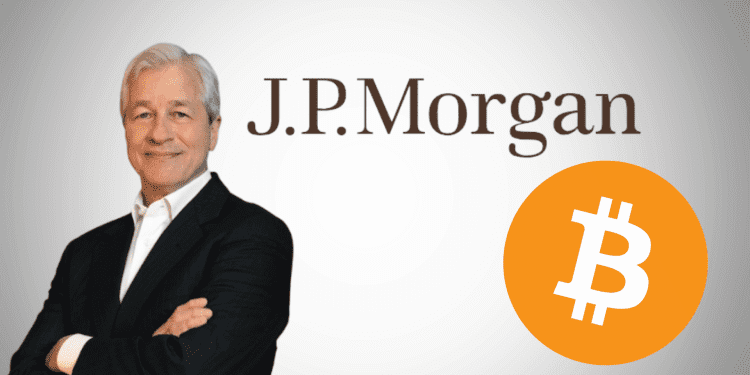- Jamie Dimon warned of risks to the US economy in 2024-2025 due to quantitative tightening, geopolitical tensions, and high government debt.
- Dimon remains cautious despite recent stock gains, questioning if markets fully grasp the impact of the Fed’s tightening policies.
- Dimon has repeatedly urged caution even as JPMorgan posts record profits, concerned some investors are becoming complacent.
JPMorgan Chase CEO Jamie Dimon said he remains cautious on the US economy over the next two years because of a combination of financial and geopolitical risks. Despite recent stock market gains, Dimon warned of powerful forces that could impact the economy in 2024 and 2025.
Dimon Highlights Key Risks
Speaking at the World Economic Forum in Davos, Switzerland, Dimon told CNBC that several factors gave him pause about the economic outlook. These included the Ukraine conflict, terrorist activity in Israel and the Red Sea, and the Federal Reserve’s quantitative tightening policy.
Quantitative tightening refers to the Fed reducing its balance sheet after years of stimulus programs. Dimon questioned if the full effects of this policy tightening are understood.
Dimon’s Track Record of Caution
Dimon has warned of economic risks in the past, even as JPMorgan has posted record profits. He called for caution in 2022 as quantitative tightening began and Russia invaded Ukraine.
Despite high inflation, the US economy and consumers have so far remained fairly resilient, aided by a strong job market and savings built up during the pandemic. Dimon said stock gains may have led some investors to become complacent.
Concerns Over Rising US Debt
Goldman Sachs CEO David Solomon echoed worries about the US economy, highlighting ballooning government debt levels. He said this debt growth is unsustainable in the long run.
Conclusion
Jamie Dimon struck a cautious tone on the economic outlook, warning investors not to become overconfident during the current market rally. With quantitative tightening ongoing and geopolitical tensions lingering, Dimon sees significant risks in 2024 and 2025 that could halt economic growth.














